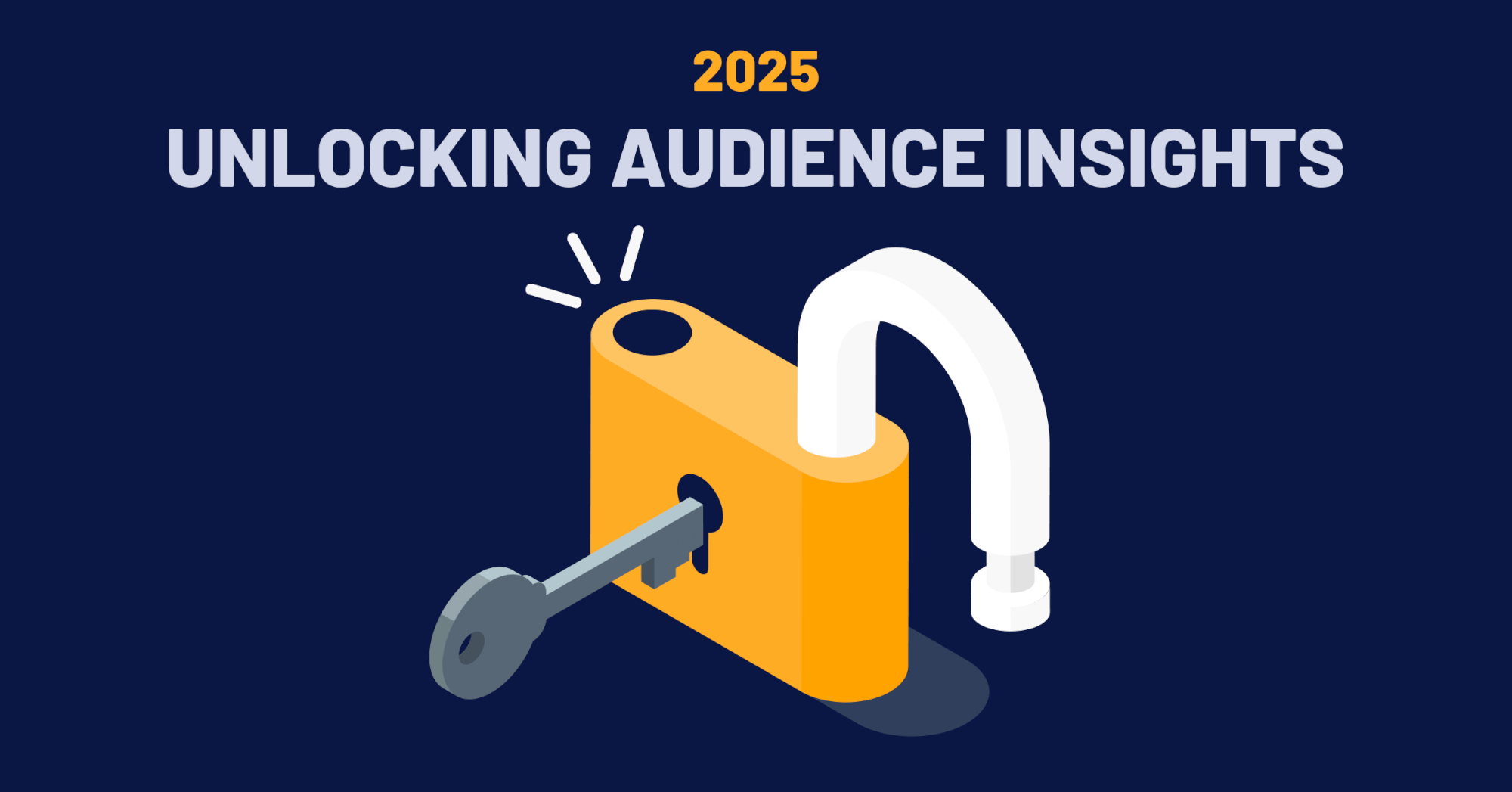Recently announced from both Bing and Google, all links within the Facebook and Twitter communities directly effect SEO ranking. This social SEO offers new insight for online marketers and social media professionals, as Search Engine Land confirms these social media channels heavily impact search engine results.

Both Bing and Google use similar measurements to rank SEO for sites. Bing uses what it calls “Social Authority” and Google uses “Author Authority” – both of which rely on Twitter users’ “author quality”.
To influence organic search results, both Bing and Google use these measurements to do so. So this could range from shared links, posts that have been retweeted, or posts that have been highly interacted with. All of these play a role towards an increase in SEO ranking, leading to more appearances in search results.
In addition to Twitter, Facebook also has a hand in SEO ranking. These search engines can not access personal information through Facebook walls, so they do calculate influential factors on Facebook somewhat differently. However, with this confirmation from both Bing and Google, social media plays a stronger role in online marketing now more than ever.





